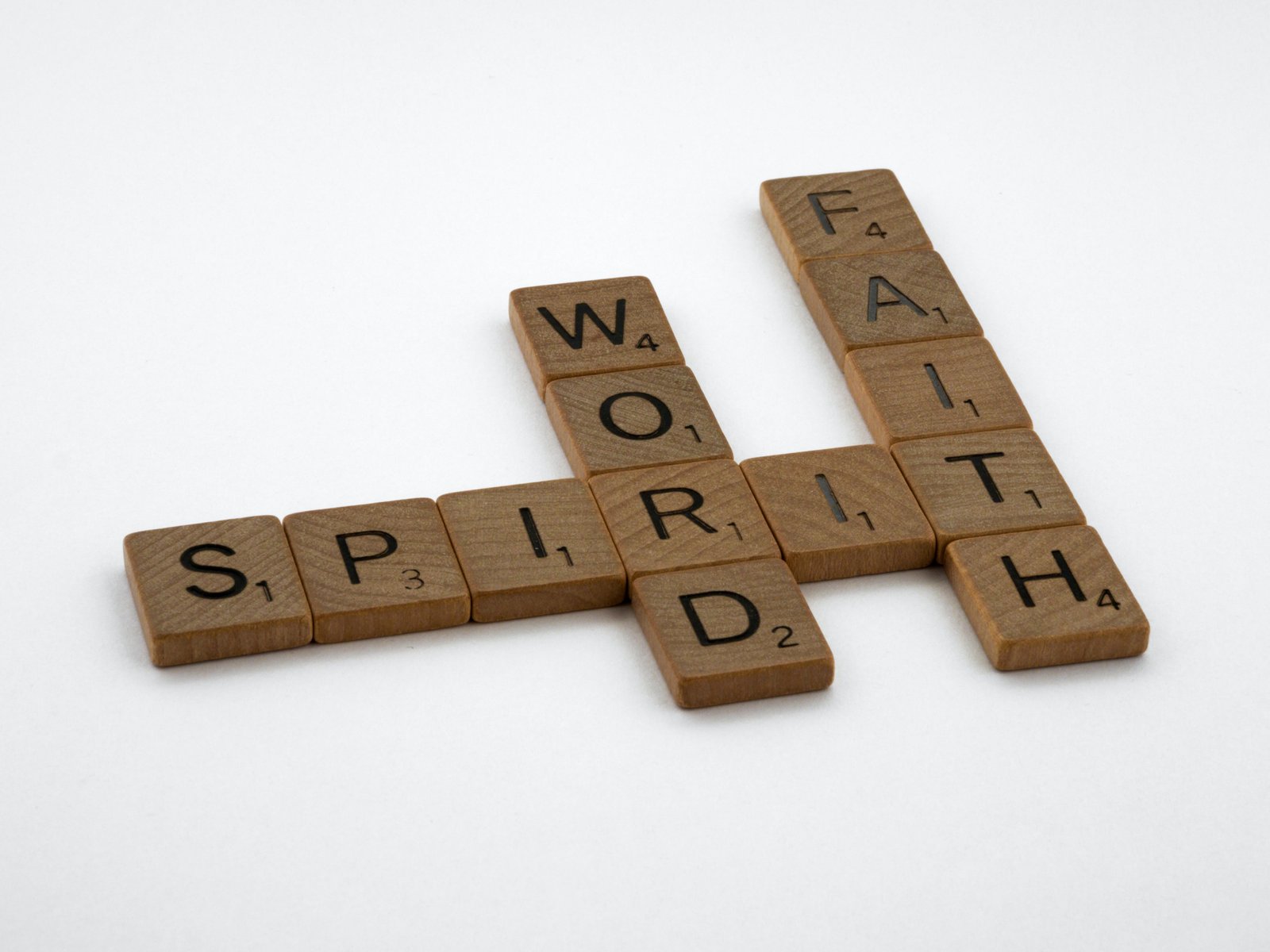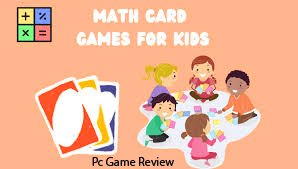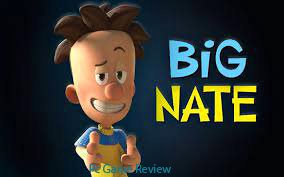Have you ever stumbled upon a word so exquisitely evocative, so deliciously precise, that it sent shivers down your spine? Or perhaps you’ve been on a quest for the perfect word, that elusive gem to elevate your writing or conversation to new heights. Well, fret no more, fellow word-warriors, for this guide is your key to unlocking the lexical vault and conquering the thrilling realm of wordhunts!
Deciphering the Wordhunt: Introduction to the Lexical Expedition
Imagine a vast library, its shelves groaning with leather-bound tomes bursting with words, each a universe waiting to be explored. This, my friends, is the landscape of the wordhunt. It’s an exhilarating adventure, a treasure hunt for linguistic gems that shimmer with meaning and ignite the imagination.
But where do you begin? How do you navigate this labyrinthine library and unearth the perfect words for your needs? Fear not, for this guide will equip you with the tools and tactics to ace any wordhunt, from casual conversation to crafting award-winning prose.
The Art of Lexical Navigation:
Think of language as a vast ocean, teeming with words both common and curious. To be a successful wordhunter, you need to be a skilled cartographer, able to chart your course through its currents and eddies. Here are some essential tools for your lexical toolbox:
Dictionaries: Your trusty map and compass, guiding you through the known territories of vocabulary. Explore synonyms, antonyms, and etymology to unlock the hidden potential of familiar words.
Thesauruses: Dive deeper into the treasure trove of synonyms, unearthing unexpected riches and nuances to express your thoughts with precision and flair.
Etymology websites: Delve into the fascinating history of words, discovering their origins and transformations, and enriching your understanding of their subtle shades of meaning.
Online word games and quizzes: Sharpen your lexical swordplay with interactive challenges that test your knowledge and expose you to new vocabulary in a playful way.
But remember, the best tools are useless without practice. Immerse yourself in language! Read widely, from classic literature to contemporary blogs. Engage in stimulating conversations, listen to podcasts, and savor the music of well-crafted speeches. Every encounter broadens your vocabulary and hones your wordhunting skills.
Bonus Tip: Keep a personal lexicon, a notebook or digital repository where you capture your wordhunt finds. Jot down interesting words, their definitions, and examples of how they’re used. This personalized dictionary will become your own secret weapon, readily at hand to unleash linguistic power whenever needed.
With these tools and a spirit of exploration, you’re ready to embark on your wordhunt adventure. But before we delve deeper, let’s pause and appreciate the sheer wonder of language, a symphony of syllables with the power to move, inspire, and captivate. In the next section, we’ll explore the art of wordplay, where the dance of syllables takes center stage, weaving magic and delight.

Symphony of Syllables: Exploring the Allure of Wordplay in Crafting Linguistic Melodies
Words, when strung together with intention, can transcend mere communication and become music to the ears, paintings for the mind, and playgrounds for the imagination. This realm, where language dances and delights, is the domain of wordplay. It’s where syllables pirouette, puns crackle like lightning, and metaphors paint vivid landscapes with the brushstrokes of words.
Imagine you’re crafting a sentence, not just to convey information, but to evoke an emotion, a chuckle, or an aha moment. This is where wordplay steps in, offering a kaleidoscope of techniques to elevate your language from the mundane to the magical.
Alliteration: Let the first letters of your words dance in unison, creating a rhythmic beat that lingers in the memory. Like the ocean’s “crashing waves” or the “whisper of wind” through autumn leaves, alliteration adds a layer of sonic delight to your prose.
Assonance and Consonance: Play with the internal harmonies of vowels and consonants. Assonance, with its echoing vowel sounds, evokes a sense of melancholy in “the rain’s soft patter” or the wistful longing of “starry skies.” Consonance, with its sharper consonant clusters, can add punch and emphasis, like the “clatter of hooves” or the “crackle of fire.”
Figurative Language: Unleash the power of metaphors and similes, where one thing becomes another, painting vivid pictures with words. Compare a child’s laughter to “sunbeams dancing on water” or describe a wise elder as a “tower of strength weathered by time.” Figurative language stretches the boundaries of meaning, sparking the reader’s imagination.
Puns and Wordplay: Let loose and have fun with the malleability of language! A well-timed pun can bring a smile, like calling a messy room a “chaotic masterpiece” or describing a forgetful friend as having a “sieve for a memory.” Wordplay adds a layer of wit and surprise, keeping your audience engaged and wanting more.
Lexical Labyrinths Explored: Diving into the Complexities of Words, Metaphors, and Technical Terms
The landscape of language is vast and varied, and just like any explorer, a wordhunter needs to be adept at navigating its diverse terrains. We’ve explored the playful meadows of wordplay, but now it’s time to delve into the denser forests of lexical complexity. Here, where words twist and turn, metaphors weave intricate tapestries, and technical terms hold the keys to specialized worlds, the thrill of discovery beckons.
Unearthing the Depths of Words:
Words, those deceptively simple building blocks of language, are often teeming with hidden layers of meaning. Synonyms, for instance, offer subtle shades of nuance. “Happy” might express general contentment, while “euphoric” conveys a more intense joy, and “jubilant” carries a celebratory connotation. Recognizing these distinctions allows you to express yourself with precision and paint your thoughts with greater clarity.
But words can also be slippery serpents, their meanings shifting depending on context. Take the word “literally.” While traditionally meant to emphasize factual accuracy, it has morphed into a common intensifier, often used hyperbolically. Understanding these contextual nuances is crucial to avoid misunderstandings and wield your lexical power effectively.
Metaphors: Windows to the Soul:
Metaphors, those enigmatic bridges between seemingly disparate concepts, are the poets’ paintbrushes and the scientists’ secret weapons. They allow us to grasp abstract ideas by grounding them in concrete imagery. A politician might be described as a “chess player,” their strategies unfolding on the political landscape. Or a scientific theory might be likened to a “beautiful tapestry,” its intricate threads weaving together to explain the universe’s mysteries.
Mastering the art of crafting and interpreting metaphors elevates your language from the literal to the evocative. It allows you to tap into the wellspring of human imagination and create connections that resonate deeply with your audience.
Technical Terms:
Beyond the realms of everyday language lie specialized domains with their own unique lexicons. From the jargon of medicine to the acronyms of finance, each field has its own secret code, a labyrinth of terms that can intimidate the uninitiated. But fear not, intrepid wordhunter! By immersing yourself in these specialized fields, you can crack the codes, unlock the hidden meanings, and gain access to a wealth of knowledge that would otherwise remain shrouded in obscurity.
Learning the language of a specific field equips you to navigate its complexities, engage in informed discussions, and wield its unique vocabulary with precision. Whether you’re delving into the intricacies of astrophysics or the nuances of legal terminology, the rewards of unlocking these lexical labyrinths are boundless.

Crafting Words: The Cheat Codes
So far, we’ve explored the vast library of existing words, delved into the playful realms of wordplay, and navigated the intricate labyrinths of complex vocabulary. But for the truly adventurous wordhuntress, the journey doesn’t end there. It’s time to step into the role of a wordsmith, a creator, a conjurer of new linguistic possibilities. In this section, we’ll unlock the cheat codes for crafting your own words, tapping into the magic of etymology and unleashing the power of neologism.
Tracing the Roots and Exploiting them in the Wordhunt
Every word, like a seasoned traveler, carries the whispers of its past. The study of these whispers, the science of word origins, is called etymology. It’s a fascinating odyssey that takes you back through time, unraveling the layers of history that have shaped the words we use today.
For the wordhunter, etymology is more than just trivia. It’s a powerful tool:
Unlocking Meaning: Understanding the origin of a word can illuminate its deeper shades of meaning. For example, knowing that “sanguine” comes from the Latin word for “blood” adds a layer of intensity to its meaning of optimistic or cheerful.
Finding Synonyms: Knowing how words evolved can lead you to unexpected synonyms. Did you know “salary” comes from the Latin word for “salt”? This connection might inspire you to use “salt of the earth” as a synonym for someone highly valued.
Wordplay Opportunities: Etymology can fuel your creative wordplay. Take the word “catastrophe,” which comes from the Greek for “turning upside down.” Now you can imagine a disastrous event as a linguistic pirouette, adding a playful twist to your description.
Conclusion: Your Wordhunt Triumph Awaits
Our lexicon-laden odyssey has reached its conclusion, but your wordhunt adventure is just beginning! Remember, the journey of a word warrior is a lifelong quest, brimming with endless discoveries and captivating challenges. As you navigate the vast landscapes of language, keep these final nuggets of wisdom close to your heart:
Embrace the spirit of exploration: Dive into dictionaries, swim through thesauruses, and climb the peaks of etymology. Every encounter with a new word is a victory in the grand wordhunt game.
Hone your wordplay skills: Let syllables dance, metaphors paint, and puns crackle. Inject your language with wit, delight, and a touch of playful mischief.
Master the art of crafting: Don’t just use words, sculpt them! Unearth the hidden potential of existing vocabulary and unleash your inner neologist to forge new linguistic treasures.
Never stop learning: Language is a living, breathing beast, constantly evolving and morphing. Stay curious, keep asking questions, and relish the thrill of encountering linguistic surprises.
Most importantly, have fun! Language is a playground, not a prison. Laugh with words, experiment with sounds, and share your linguistic discoveries with the world.

FAQ
So, fellow word warriors, we’ve reached the end of our whirlwind tour through the wondrous world of words. Hopefully, your lexical loot bag is overflowing with fresh insights, clever cheat codes, and a burning desire to explore the linguistic landscape further. But before you embark on your next wordhunt adventure, let’s address some burning questions you might have:
How can I remember all these fancy words and techniques?
Practice makes perfect! Immerse yourself in language – read widely, write regularly, and engage in stimulating conversations. Keep a personal lexicon to note down interesting words and their uses. Repetition is key, so use your newfound treasures in your daily communication and watch them effortlessly become part of your linguistic armoury.
What are some resources for further wordhunting adventures?
The internet is your oyster! Online etymology dictionaries, thesauruses with advanced features, and word games galore await. Dive into podcasts and YouTube channels dedicated to language, or join online communities of word enthusiasts to share your finds and learn from others.
Will I ever stop making mistakes or using the wrong word?
Embrace the journey, not the destination! Mistakes are stepping stones to learning. The beauty of language lies in its constant evolution, and even the most seasoned wordhunters encounter the occasional lexical conundrum. Keep exploring, keep questioning, and remember, there’s always something new to discover in the realm of words.





Leave a Reply